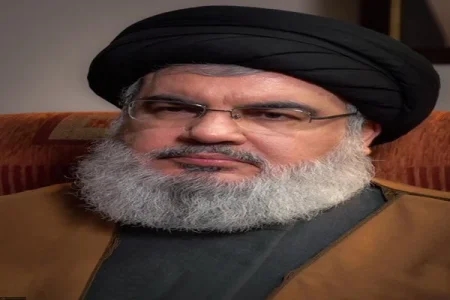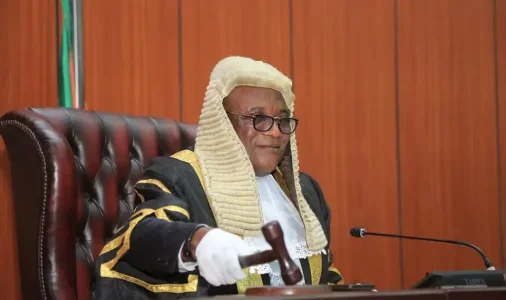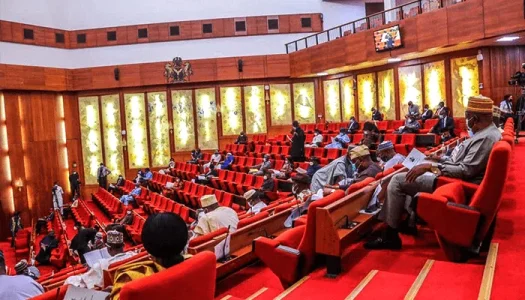
Hezbollah has confirmed the death of its leader, Hassan Nasrallah, following an Israeli airstrike in southern Beirut. The announcement led to widespread mourning among supporters, marking the most intense assault on Hezbollah since 2006. The situation remains volatile as the implications of his death unfold.
Hezbollah has officially announced the death of its leader, Hassan Nasrallah, resulting from an Israeli airstrike that struck southern Beirut. The group revealed that Nasrallah, who led Hezbollah for nearly 30 years, was killed alongside other members during what they termed a "treacherous Zionist strike."
The news sparked intense emotions across Beirut, where residents openly expressed their disbelief and grief. Gunfire was heard in the streets, a gesture of mourning reflecting Nasrallah's revered status among his followers. These airstrikes represent the most severe assault on Hezbollah's territory since the 2006 war with Israel.
Nasrallah, who had seldom been seen in public since 2006, took on the role of secretary general of Hezbollah in 1992 after the assassination of his predecessor, Abbas al-Musawi. Under his leadership, Hezbollah has navigated numerous conflicts, solidifying its position as a key player in Lebanese and Middle Eastern politics.
The Israeli military took responsibility for the airstrike, asserting it had successfully "eliminated" Nasrallah as part of a strategy to weaken Hezbollah’s power. The current situation remains precarious, as both supporters and adversaries of Nasrallah closely observe the unfolding events following his death. The passing of such a significant leader is anticipated to have profound implications for Hezbollah and the wider geopolitical climate in the region.




